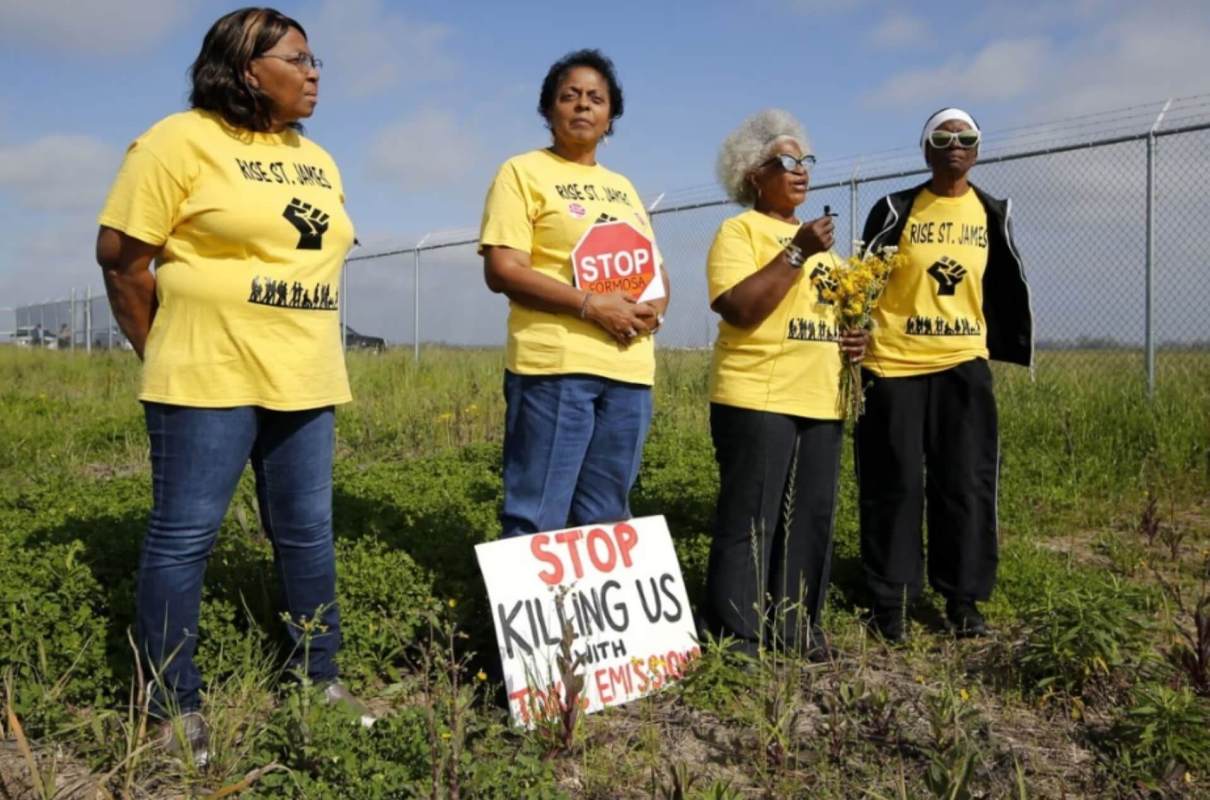Despite outcry from environmental advocates, a Louisiana court recently approved air permits for a petrochemical complex to be built in a region known as Cancer Alley.
What happened?
In January, a Louisiana appellate court upheld air permits for Formosa Plastics, which is planning to build the nation's largest petrochemical complex of its kind in a region known as Cancer Alley, the Guardian reported.
"Once again, the state of Louisiana is putting polluters before people," Sharon Lavigne, a plaintiff in the case and local environmental justice advocate, told the news outlet.
A Louisiana district court had previously thrown out the permits in 2022, finding that Formosa had failed to demonstrate that the plant's pollution would not contribute to violations of the Clean Air Act and other regulations, the publication reported.
Though the appellate court affirmed that finding, it said some of the violations predated the facility.
Why is the ruling concerning?
The permits will authorize the facility to release more than 800 tons of pollution annually, including ethylene oxide, which has been linked to cancer. In fact, the new permits could triple the amount of cancer-causing pollutants in the air, according to ProPublica.
Residents would also be exposed to fine particulate matter and nitrogen dioxide, which have both been linked to respiratory and cardiac issues, per the Guardian.
This is in a region already known as Cancer Alley. This 85-mile stretch of communities along the Mississippi River between New Orleans and Baton Rouge is home to around 200 dirty energy and petrochemical companies, reported Human Rights Watch.
Parts of Cancer Alley have the highest risk of cancer from industrial air pollution in the country, and residents also face maternal, reproductive, and newborn health harms, along with respiratory illnesses. These health risks disproportionately affect the area's Black residents, according to Human Rights Watch.
What's being done about pollution in Cancer Alley?
Local residents are fighting back against polluters in Cancer Alley. Lavigne, who started the grassroots organization Rise St. James, has been fighting against Formosa Plastics for years and also helped block the construction of a facility by Wanhua Chemical Group.
Sisters Jo and Joy Banner recently protected their small Louisiana town from the construction of a grain export facility that would have been built atop an area of cultural and historical significance. The construction of the facility would have also increased pollution, and dust from the plant could have caused respiratory problems for locals.
As for the Formosa factory, environmental advocates say they aren't giving up. The company still requires a federal wetlands permit from the U.S. Army Corps of Engineers, which could take years to obtain.
"Despite this ruling, we have power, and we will use it," said Anne Rolfes, director of local environmental justice organization Louisiana Bucket Brigade, per the Guardian. "Formosa Plastics will not be built."
Join our free newsletter for cool news and actionable info that makes it easy to help yourself while helping the planet.









